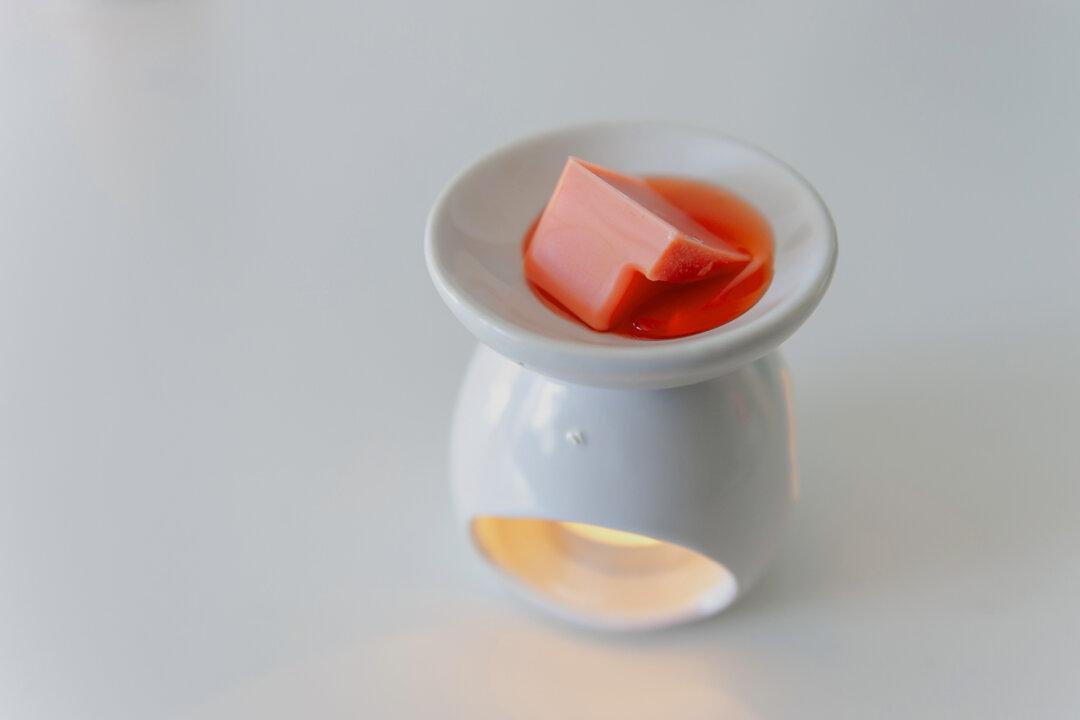Blood pressure (BP) medications are some of the most overly prescribed pharmaceuticals.
In a new study challenging decades of medical practice, the results have suggested that nursing home residents might safely either stop or reduce their blood pressure medication use by 30 percent without increasing their risk of heart attack or stroke.
More than 70 percent of adults 60 years and older have high blood pressure, and more than half of those take blood pressure medication to prevent cardiovascular events such as heart attacks and strokes. For those who don’t need blood pressure medication, however, taking these drugs may do more harm than good.
Doing More Harm Than Good
Published in JAMA Network Open on Nov. 25, the study found that discontinuing nursing home residents’ BP medications or reducing their dosage by at least 30 percent did not lead to hospitalization for heart attack or stroke after two years, compared with those who continued taking their prescriptions.Researchers analyzed electronic health record data from long-term care residents aged 65 and older admitted to U.S. Department of Veterans Affairs (VA) community living centers. These residents were taking at least one BP medication. Nearly 18 percent of the roughly 13,000 residents had their BP medications reduced in dosage or frequency for at least two weeks.
Researchers monitored these residents for two years, finding no significant difference in the risk of hospitalization for heart attack or stroke between those who reduced or discontinued their BP medications and those whose prescriptions remained unchanged.
“The other possibility is that high blood pressure may not be as risky in older people with a lot of health conditions or other conditions such as frailty that require them to live in a nursing home,” she said.
Also, residents who reduced or discontinued their BP medications tended to have slightly lower systolic (the top number) and diastolic (the bottom number) blood pressure levels before going off medications. This group was also on more antihypertensive drugs and had a history of conditions such as diabetes, stroke, kidney failure, and acute kidney injury.
High blood pressure is a significant risk factor for cardiovascular diseases. BP medications may need to be taken for life, especially if lifestyle changes fail to yield adequate results.
However, previous research has indicated that excessively lowering systolic blood pressure (below 130 mmHg) or excessive use of BP medications may actually harm older adults, particularly those on multiple medications or with preexisting health problems.
Long-Term Use May Lead to Kidney Damage
Apart from preventing cardiovascular disease, BP medications are also prescribed to avoid kidney damage. However, some research has suggested that going on BP medication for the long term may do the reverse and actually cause kidney damage.Renin is a protein that increases blood pressure. Cells in the kidney release renin when blood pressure is low and stop releasing it when blood pressure needs to be lowered. Renin also activates angiotensin, which constricts blood vessels to increase blood pressure. RAS inhibitors reduce blood pressure by blocking these various biochemical processes.
The research was conducted in mice, and three-dimensional imaging was used to detect changes in the animals’ kidneys.
The researchers found that suppressing renin and angiotensin with antihypertensives caused blood vessels in the kidneys to balloon, causing kidney damage.
“We found that RAS inhibition causes widespread vascular disease, impacting all arterioles (tiny blood vessels) and their associated glomeruli (the kidneys’ filtering units),” Dr. Maria Luisa S. Sequeira-Lopez, professor at the University of Virginia School of Medicine and co-author of the study, told The Epoch Times.
To Stop or Not to Stop Taking Antihypertensives
The decision to continue or stop taking BP medication is complex and must be discussed with one’s doctor.Key factors in determining whether to reduce or stop prescriptions include life expectancy, how many medications a patient is taking, and whether the patient has preexisting health conditions such as dementia or physical disabilities, according to Odden.
According to Sequeira-Lopez, some evidence in mice indicates persistent damage even after prolonged medication use is discontinued, though kidneys have considerable reserve function.
“Discontinuation of short-term treatment in mice can reverse the pathology, but in humans, we don’t know at what point it may become irreversible. Studies are needed,” she said.
Sequeira-Lopez noted that high blood pressure can have various underlying causes, often correlating with low renin levels, making RAS inhibitors less suitable for certain people.
“Identifying the cause of hypertension in each case and the development of personalized precision medicine approaches for the treatment of hypertension will be the future goal to avoid potential unwanted side effects of meds,” she said.







